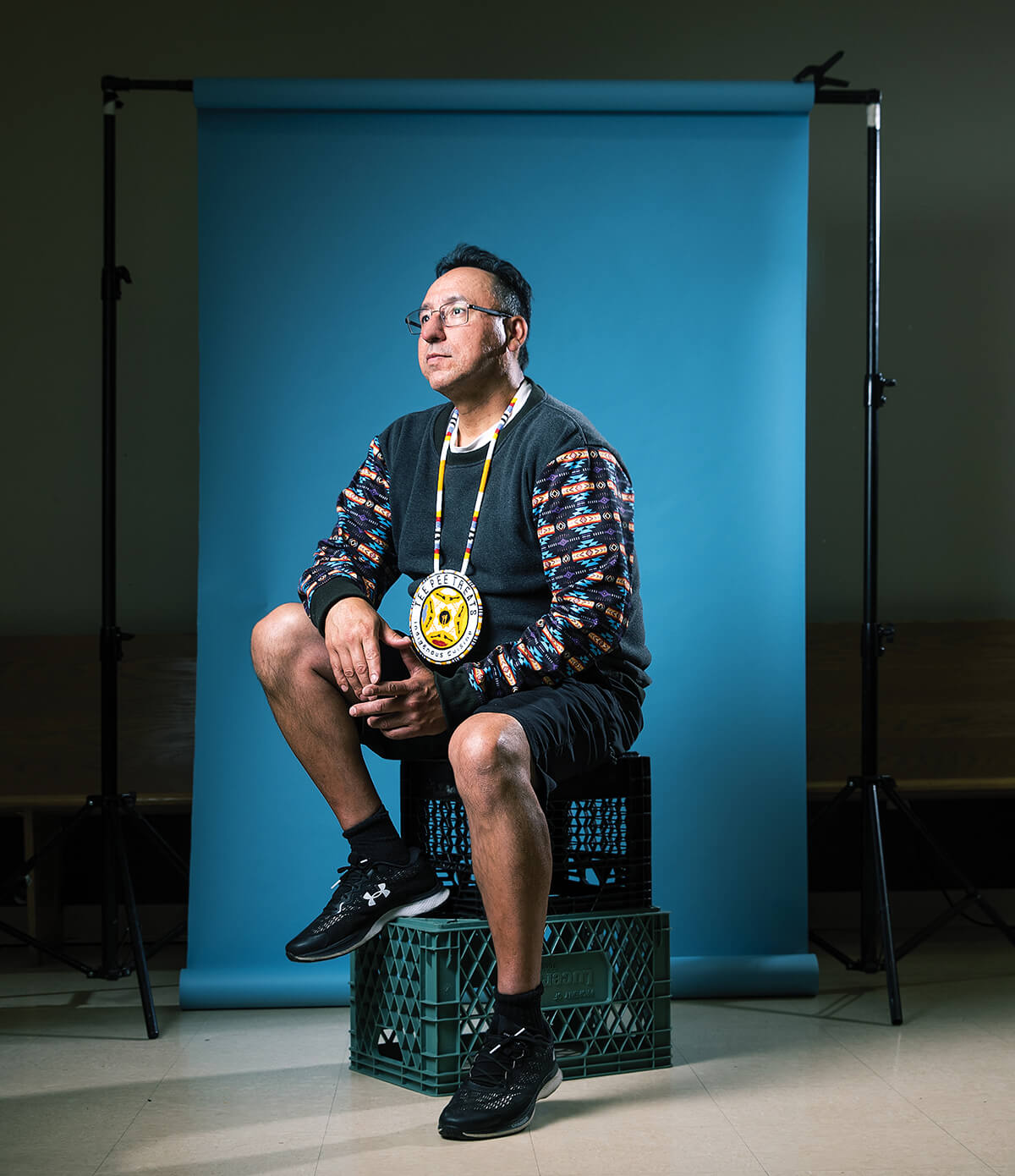Throughout His Life , Curtis Cardinal has witnessed firsthand the impacts of addiction. Today, as the owner of Tee Pee Treats, a take-out and delivery eatery, he’s determined to not only beat addiction, but to help others along their own paths to sobriety.
“As far back as I can remember, I’ve always been surrounded by drugs and alcohol, that’s just how it was,” he says.
As a child, Cardinal lived in a long list of Northern Albertan communities, alternating between staying with his mother, father and other family members at different times.
“Growing up was really tough on me, in a lot of ways. Going back and forth between different homes and living in so many different communities that I’ve lost count, it made me stronger,” he says. “But then, you know, I started drinking.”
At age 15, Cardinal experienced a significant loss — a cousin close to him was killed in a drinking and driving accident. Looking back on it, Cardinal recognizes it as a pivotal moment, one of that would change the trajectory of his life for the next few years.
“That was the first time I’d experienced a death in the family,” he says. “After that, I just started drinking from when I was 15 until I was 23… I just kept drinking.”
Cardinal dropped out of school, moved away from his family, and lived on the streets. At 23, he entered rehab at Poundmaker’s Lodge, an Indigenous addiction treatment centre in Sturgeon County, for the first time. Although he didn’t break his addiction with that visit, that experience was the first in a long line of steps he’d eventually take towards getting clean.
“It wasn’t until 2012, and my third time at Poundmaker’s. That’s when I realized what I needed to do, and where I needed help. I wasn’t going to get out of this on my own,” he says. “Growing up, as a kid, seeing addiction, and seeing violence, it was just bad. All that came back to me when I was an adult and I was in rehab. And I had to learn to forgive.”
After years lost to addiction, that visit to rehab brought Cardinal to a turning point. He took a job working for the inner-city agencies that had once helped him to get off the street, and spent the next few years supporting others who were facing the obstacles of poverty and addiction.
